As COVID-19 cases rise yet again due to new variants, Dr. Leana Wen, a COVID expert and former health commissioner for the city of Baltimore, took questions from readers of the Washington Post about how you can stay safe and issued an update on the state of the virus. “According to the CDC, about 97 percent of the American public has some immunity due to prior infection, vaccination, or both,” she wrote. “New variants will continue to arise. We must track these variants and stay on top of them, and we have to do a lot more to develop better vaccines and treatments. Sadly, though, we are not going to end the coronavirus as it exists today,” said Dr. Wen. Here’s what she says you should do now to protect yourself and your family.
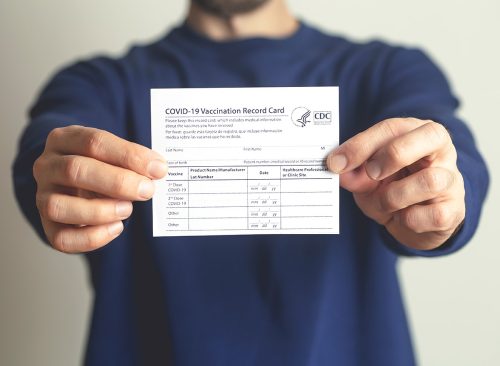
The new COVID-19 vaccine can protect you by reducing the severity of COVID and Long COVID-19. “These persistent symptoms are important to acknowledge and address, both for people who have Long COVID and for people who have lingering problems due to other illnesses,” said Dr. Wen. She also notes that the vaccine isn’t a bulletproof vest; if you want to remain truly safe, use protective measures like masking or avoiding crowded areas. “Know, too, that the vaccine is not very protective against infection, so even if you are in the window of maximal protectiveness from it, you should still add other mitigation measures if you want to avoid covid (for instance, masking while on the plane),” she said of traveling.
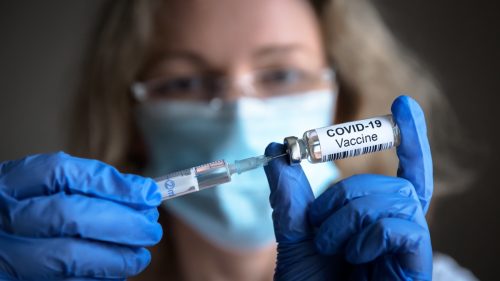
“My husband is also a healthy adult in his 40s. He will be getting the COVID booster this year, and also he gets the flu shot every year. The reason to do so is that these shots reduce the chance of hospitalization and death from very low to extremely low. Also, they could lessen the severity of illness, which is important–most people can’t afford time away from work or caring for their families, and even if they aren’t sick enough to end up in the hospital, they’d take mild sniffles over being extremely fatigued and nonstop coughing.”
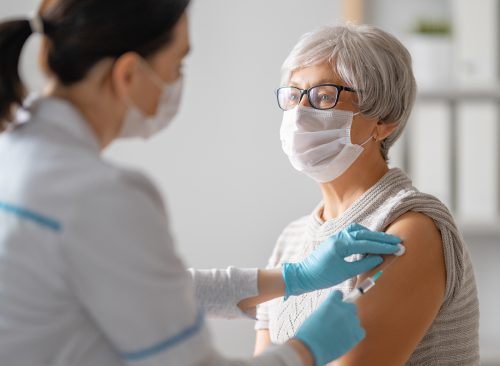
“The CDC says that you could get the new booster if it’s been at least 8 weeks since your last shot, so you could go and get the updated booster now. I think you could also wait until November to maximize your chance of having the protection last through the winter,” said Dr. Wen. “You could look into what high-exposure events you have coming up in the winter and time your next shot for a couple of weeks before that.”
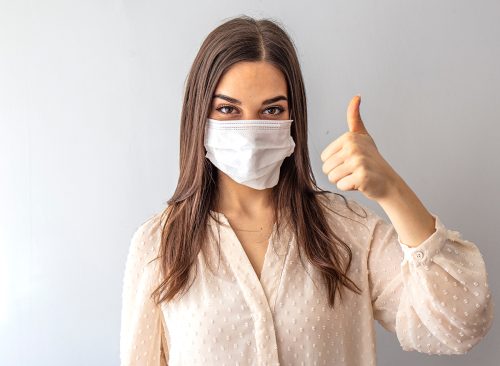
“One-way masking definitely works to protect the wearer, especially if you are wearing a well-fitting N95 or equivalent mask,” said Dr. Wen. “Whether you choose to wear masks depends on how much you continue to prioritize avoiding COVID-19. Those who do should wear them in crowded indoor spaces, including, during travel, at airports, on planes, in the subway, and so forth.”
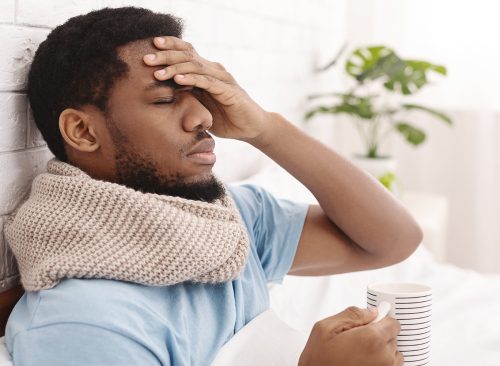
Dr. Wen was asked about masking at weddings. “This depends on how important it is for you to avoid COVID and other respiratory infections,” she said. “There will be a chance you’ll contract it by attending the wedding and interacting with other guests. You could reduce that risk by standing apart from others, masking, and trying to socialize outdoors only, but I’m assuming these might be challenging to do at this wedding. In that case, you could make sure you are maximally protected by getting the flu and covid (and possibly RSV) vaccines at least two weeks before the wedding, and have a plan for taking antivirals (Paxlovid and Tamiflu, if eligible) if you become infected.”
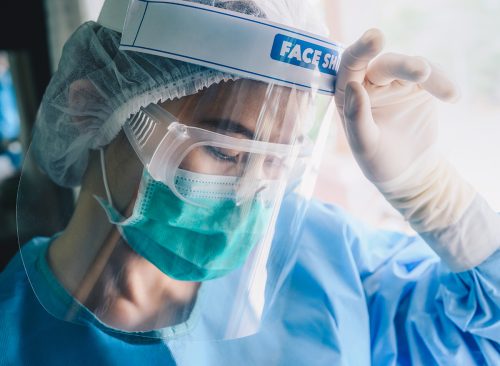
“Paxlovid works best when given early in the course of illness,” said Dr. Wen. “If you are eligible for Paxlovid, you should take it.” Do so despite a possible rebound.” Most people would prefer two mild cases of the sniffles to one instance of severe shortness of breath and fever. Also, Paxlovid works to block viral replication. By the time your symptoms have progressed to become more severe, it’s too late to take it. Better take it early to prevent severe disease. That’s what I recommend to my patients and to my own family members.”
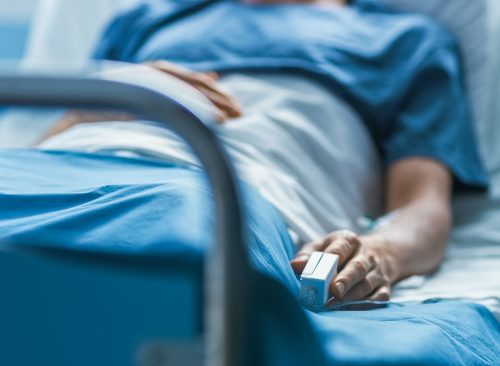
Regarding getting your flu shot, RSV shot and COVID shot at the same time, Wen says: “My opinion is that if you are only able to go once to get your shots, you should receive both at the same time. However, if you are able to go twice, there may be reasons to space them out. Some people have substantial side effects like fatigue and achiness from either or both of the vaccines, for example, and may wish to separate out the shots so as to reduce the simultaneous impact of the side effects.”
RELATED: Surprising Signs You’ve Already Had COVID
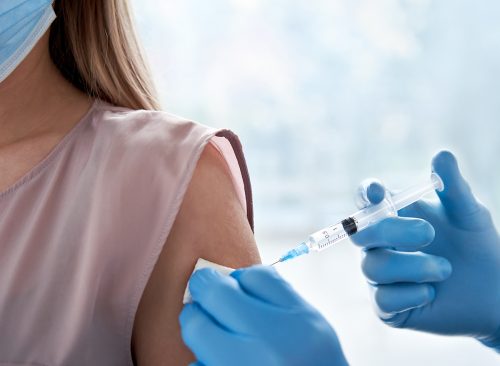
“While the respiratory syncytial virus (RSV) is commonly associated with young kids, it also causes significant illness in older adults. Every year, according to the CDC, it causes 60,000-160,000 hospitalizations and 6,000-10,000 deaths among adults ages 65 years and older. I think it’s a very good thing that there is now an RSV vaccine for older adults. I’d encourage you to call around other local pharmacies to see if they carry this vaccine,” she added.















